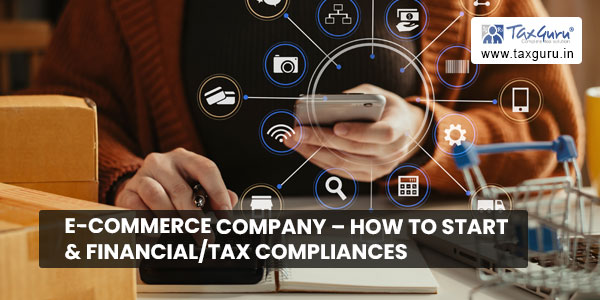HOW TO START?
India is growing in the e-commerce industry. It is because of increase in the penetration of smartphones and internet. E-commerce industry and m-commerce industry are setting up a record with the higher growth due to expansion and internet service providers and services like launch of 3G and 4G services at reasonable prices. E- Commerce means business that are regulated over the internet. Recently, mobile commerce that is m- commerce are running over the smartphones and becoming very popular. The person who wants to start e- commerce business has two modes which is either he can start with e- commerce website or join market place.
CREATING A WEBSITE:
This is the most difficult method for starting an e- commerce business. As, this needs team which can develop a web, team who can do marketing and online payment gateway. This is the really long term initiative and needs good amount for investment to start a successful business.
JOINING MARKET PLACE:
This is an easy way to start e- commerce business and trade online. By joining a market place a seller needs only a bank account and registration of GST, this helps it in making simple and easy.

Provided that, in this mode a seller needs platform aspects like payment gateway, logistics, development of technology, etc., and these are taken care by seller and reduces workload.
LEGAL FORMALITIES:
A proprietor has to fulfil following legal formalities:
- Registration of company or LLP.
- Registration for GST.
- Opening a bank account.
- Take payment gateway from any bank.
- Provide legal documents
GST IMPLICATIONS:
GST is really important and necessary for every business in recent times. For e-Commerce GST provides Model of GST law and gives TDS to them. Under GST, e-Commerce has been known as “Supply of goods or services through online platforms or online network”.
Any person who is providing goods or service directly or indirectly through online network will be considered as an “e-Commerce Operator”. GST provides TDS mechanism for e-Commerce industry under this, they are eligible to deduct tax at the rate of 1% of total value of taxable supplies.
If the proprietor faces any return of product or cancel orders or Cash on Delivery will affect the operator by way of cash flows. In India, the rate of return or cancellation of order is 15% to 18%. There are more than two third transaction of total transaction are carried on Cash on Delivery. For all this order, reconciliation happens after 7 to 15 days. This makes difficult for proprietor to get refund on such orders, as the tax on such products are already been paid. So, the proprietor has to take care while making accounting and reconciliation.
*****
Author- Adv.Shivam Kumar
Legel and content Executive, Taxblock India Pvt. Ltd





